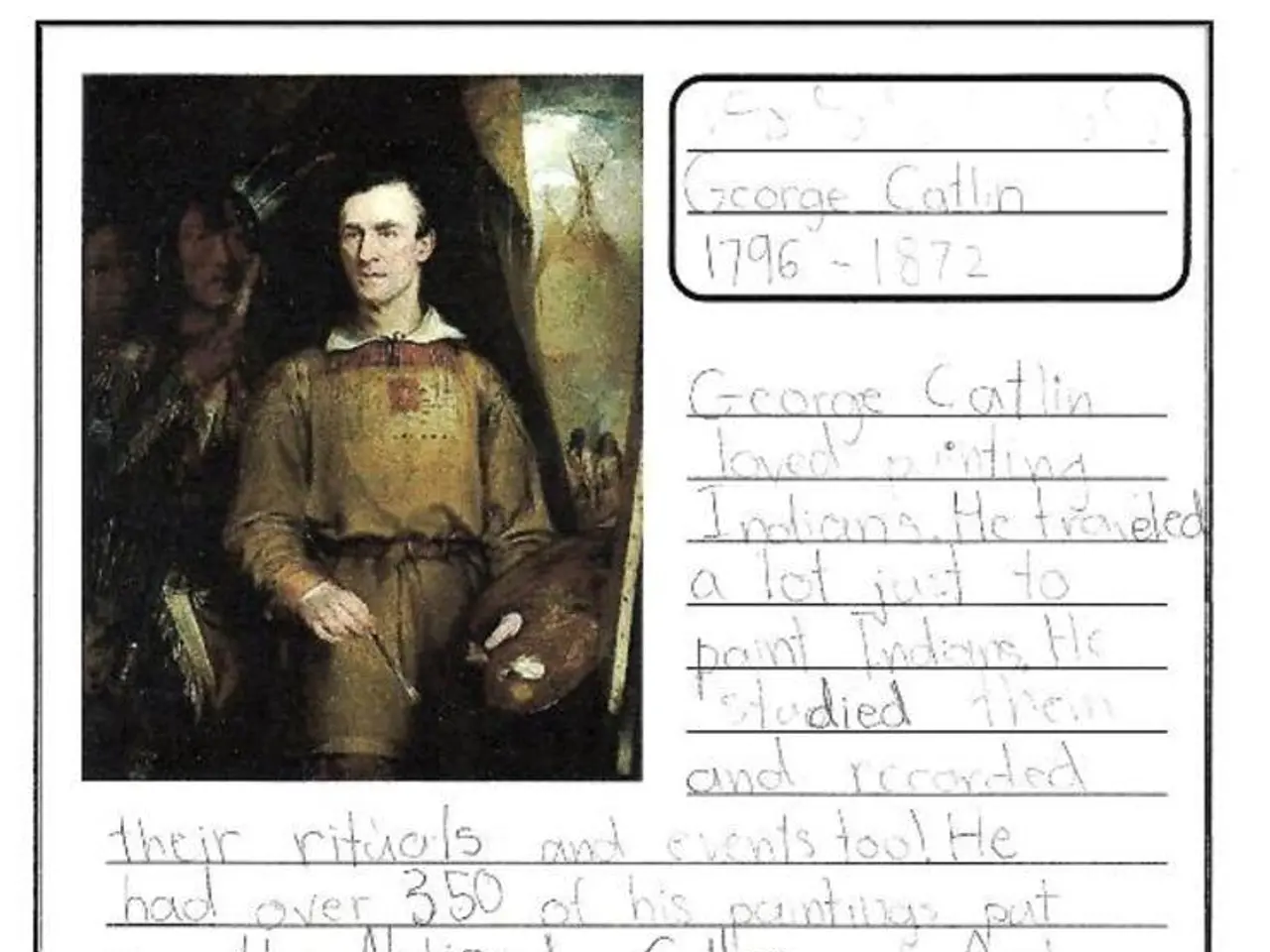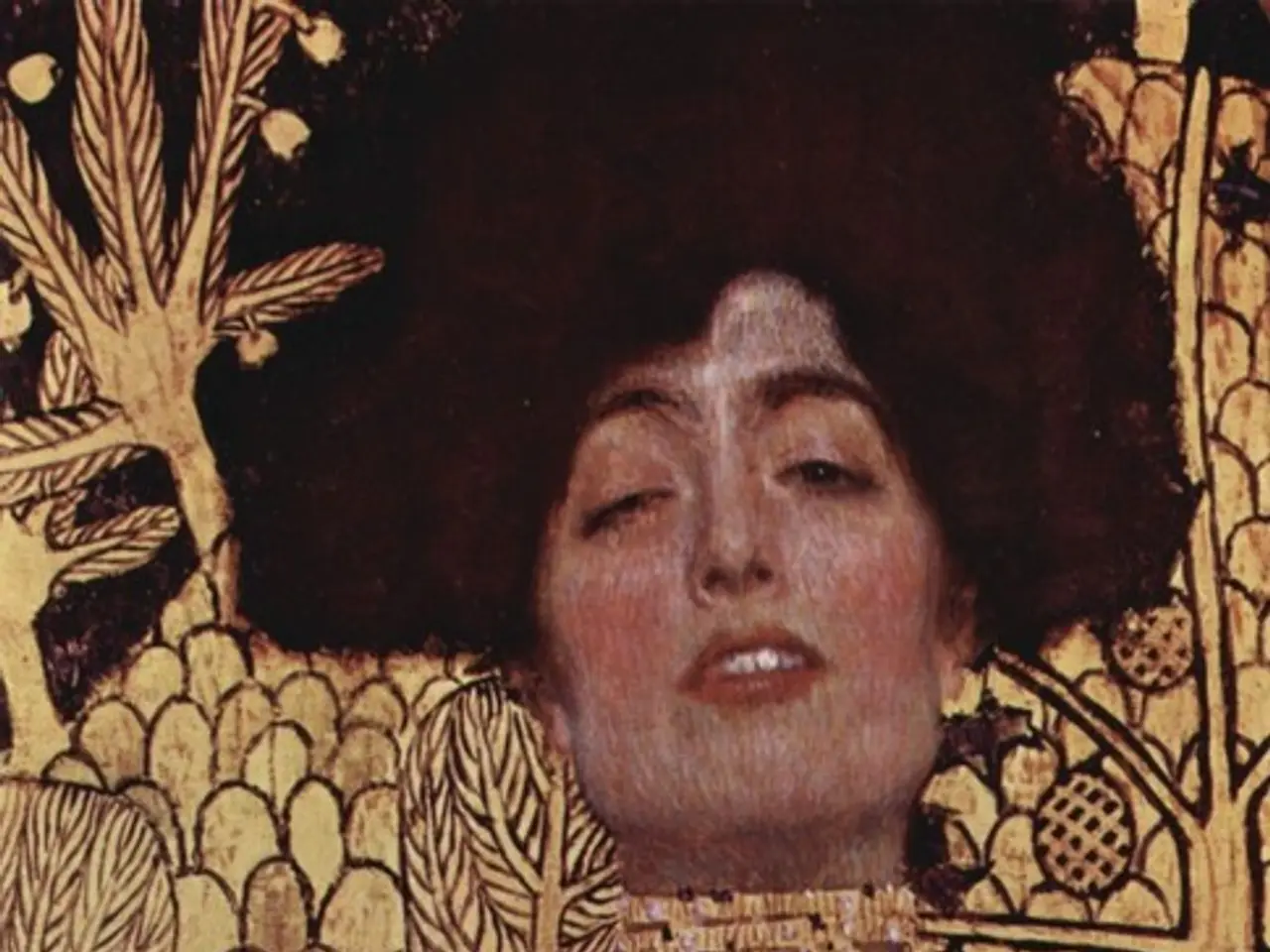In the heat of ancient combat, treasured animals were repurposed into lethal tools by the earliest known civilizations
In a fascinating interview on the HistoryExtra podcast, historian Dr Moudhy Al-Rashid shed light on the significant role dogs played in ancient Mesopotamian culture. The evidence suggests that dogs were an integral part of everyday life in these societies, playing roles that ranged from military assets to spiritual guardians.
During warfare, dogs were actively trained for battle and deployed on the frontlines. They served as early warning systems, alerting troops of enemy presence, and provided companionship and protection during long campaigns. Assyrian royal inscriptions even suggest that dogs carried symbolic and divine significance, representing enforcers of divine order alongside soldiers.
Moreover, provisions for war dogs were included in formal military logistics, as evidenced by cuneiform records. This official inclusion highlights the importance of these canine warriors in army campaigns.
Beyond their military roles, dogs held significant spiritual roles in Mesopotamian culture. They were worshipped and revered, with some breeds, like the Saluki, having roots traceable back over 6,000 years in Mesopotamia. In some cases, dogs were even buried with great ceremony, reflecting their elevated status.
One goddess, Gula, was associated with dogs in Mesopotamian belief systems. Gula was a goddess of healing, and her temples served as centres of healing practice. It is believed that the association with dogs may have been based on their observed behaviour of licking wounds, which seemed to promote healing.
Ancient Mesopotamian proverbs about dogs are relatable and metaphorical, used to convey guidance, warn of life's uncertainties, and capture essential truths about human nature. For example, one proverb describes a dog knowing how to pick something up but not put it down, a challenge familiar to many dog owners. Another proverb describes an older dog that gets played with turning into a puppy.
These proverbs were preserved on clay tablets used in scribal schools, where students learned writing, ethics, and social understanding. One proverb describes fate as being like a dog always at your heels, which is more sinister in tone.
In conclusion, dogs were not only military assets but also held sacred and symbolic roles in ancient Mesopotamian societies, embodying protection, loyalty, and spiritual guardianship, which made them vital figures on and off the battlefield. Their association with Gula, the goddess of healing, further underscores their significance in Mesopotamian culture, religion, and warfare.
The discussion on the HistoryExtra podcast revealed that dogs, beyond their military roles, were also essential in ancient Mesopotamian societies due to their spiritual significance. (general-news)In politics and religion, dogs were revered and held great importance, with some breeds having a history tracing back over 6,000 years in Mesopotamia. (war-and-conflicts, politics)






